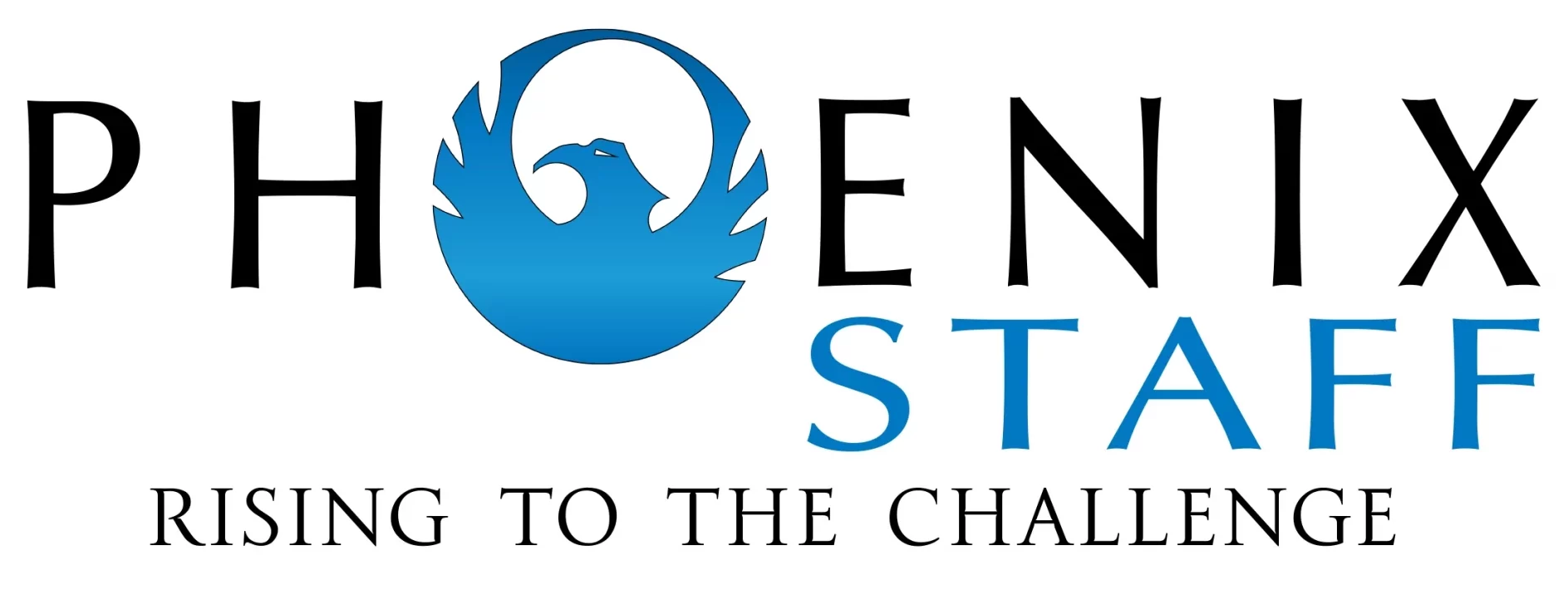Resumes are the source of questions: Will my recruiter read my whole resume, or just skim it? Should I include all my certifications? I went to the University of Edinburgh on a football scholarship but in Scotland football is called soccer, should I explain that in my resume?
In our over 20 years in staffing and recruiting, we’ve looked at a lot of resumes, and we’ve learned the one true secret to what everyone is looking for: No one is looking for the same thing.
A resume can never be perfect; there will always be something that gives the reader pause. I know my opinions on what a resume should be, but for this newsletter I’ve also enlisted the help of two resume writing experts, career development coach Hillary Kuenn and certified career writer and resume coach Kara Bell.
Hillary shares the seven categories of information that you should absolutely include on your resume:
- Current, professional contact information
- A powerful summary statement
- Career highlights
- Core competencies
- Work experience that quantifies the impact you made
- Education
- Awards, organizations, and volunteerism
(So you probably don’t need to explain the whole football – soccer thing!)
These elements, especially the summary statement, can make any job candidate’s palms sweat. But here’s my advice for crafting the summary and the overall arc of your resume: Know what you absolutely love doing, and how you came to discover that you loved it. Use those two pieces of insight to craft the story of your experience.
According to Kara, if you feel that the things you love and your path to finding them is a bit nontraditional, you shouldn’t try to hide it; in fact, those outliers are what usually make you a memorable candidate. Here’s an example Kara shared with me:
“I worked with a licensed mental health counselor who got the chance to work at a startup and loved it. But her operations resume wasn’t getting traction, and several people told her to remove her counseling experience, calling it ‘confusing.’ In conversation, I discovered she’d mastered the complexities of insurance billing, and had invented a simple, cost-effective system that she sold to other counselors who used it to build profitable practices. By sharing this unique experience on her resume and connecting the dots to why it mattered, she got the job.”
This is a critical part of your job search: Defining what it is you love to do, and tying it into your narrative. Kara’s client loved creating solutions and operations, but just had to figure out how to convey that correctly given her background.
Avoid using jargon that was proprietary to your previous positions, because it won’t mean anything to the reader. Instead, describe your experience in the same language and terms that prospective employers use. Finally, ask your friends and family to read your resume and offer advice, even if it’s just for grammar and spelling. You’ll get varying feedback and opinions, then you can decide what to integrate into your resume and how.

